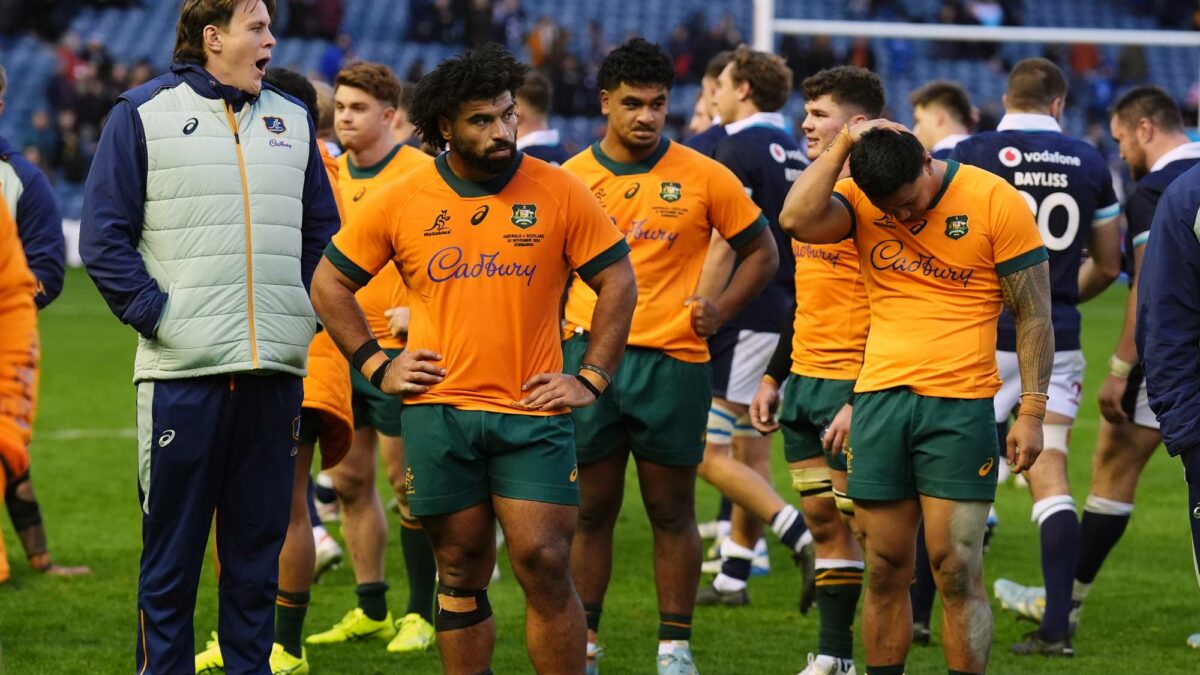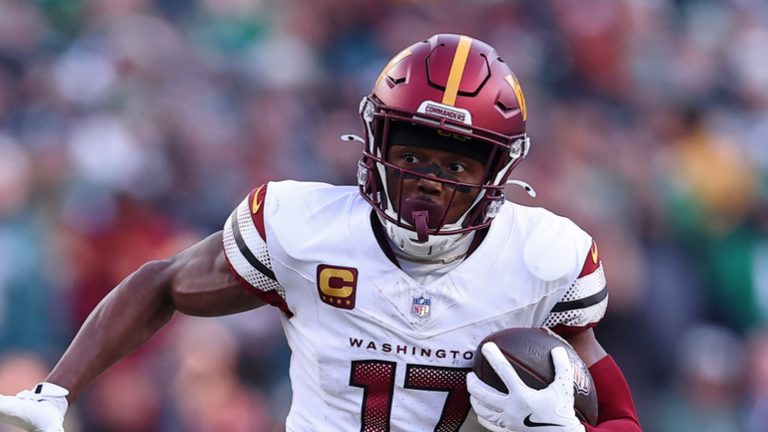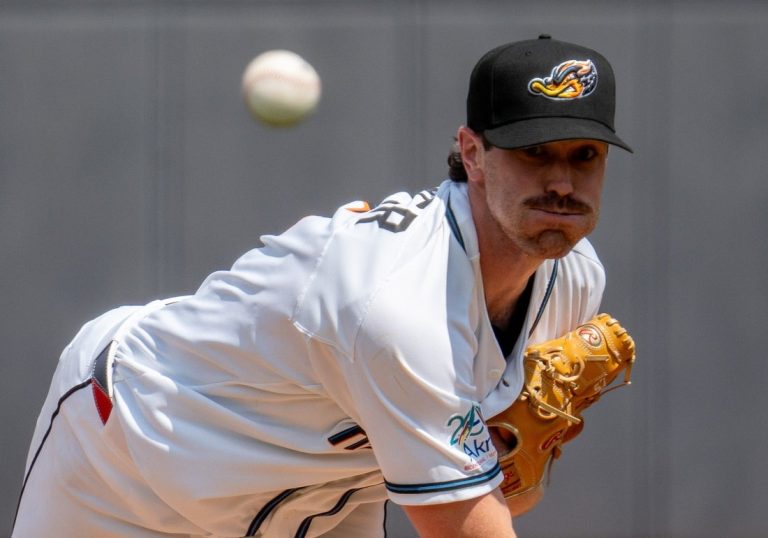After being on this forum for a number of years, I think it’s time I gave something back and contributed an article.
I wanted to address the three main issues affecting Australian rugby at the moment.
Many of our players with potential or players that have the potential to give something back to Australian rugby are poached by overseas clubs/countries and by other codes.
We don’t have a viable product as rugby isn’t as popular in Australia as most of us on this forum feel it should be.
The pathways for improvement at all levels (grass roots, players, franchise, national team) all seem to be stunted, partially because of finances.
Let’s start with the first issue – poaching and being poached. As I’ve said on this platform before, I have no problem with players being poached – it is up to the player and often it involves a commercial decision. If a player feels that they can represent a club (or country) in a place where they were not born, fair play to them.
We would never require Australian trained doctors and nurses to live and work in Australia, would we? No, we just make our health service a place where they want to work and we remunerate them well enough to make them want to commit to this country.
Rugby is a professional sport. Any of us who are 50+ have to accept that that the game has changed.
It is no longer an amateur sport for those who play for the love of it (and the lucrative jobs of emptying out pokies or pouring beers), it is a form of entertainment and a spectacle that thousands of people (at least in the northern hemisphere) want to go and watch.
This is why we need to treat rugby players as professionals. However, the difference is that we invest a lot in the players – they don’t just get to where they are on their own. We invest loads into player development, not just at the elite level, but all the way down to the grassroots. Those sausage sangas down at Woollahra Oval don’t make themselves!
So, for many, it is not right for a player to just take the offer that best suits them. However, that appears to be a moral argument, not a financial one. That said, it is also important to remember the amateur roots of the game and the ethics for which players and officials stand. We are blessed with a sport where what goes on in the field of play is left on the pitch and we can all enjoy celebrating or consoling together afterwards – no other game in the world would have thousands of opposition fans meet for drinks afterwards with relatively few issues.
We need to structure our systems to incentivise excellence and brand loyalty.
One of the first times a junior player interacts with the broader rugby community is by registering with a club or a school. When you register as a player, you register with the national rugby union. Then, depending on merit, you may get selected to play for a club/team. This is where the money comes in – if you wish to move on from that team as a professional, the team looking to poach you should compensate your club/team accordingly – and also make a contribution to Rugby Australia – which can support clubs that aren’t as good at selling on talent.
If you are poached by an overseas club or country or by a different sport, your club, franchise and country should all be compensated accordingly. Even better – we should demand ‘royalties’ as the player will often become more valuable over time. This is the only way that we can financially protect grass roots rugby in the regions. If the Pacific Islands had such a compensation scheme, they would be rolling in dough at the moment.
Rugby players, like all human capital, should be recognised as a resource and should not be given away for free. Transfer fees run right through basketball, NFL, football and even in rugby, among the European giants – we need to get our share.
We’re also at an advantage as we don’t have to worry about the Bosman ruling (football) or the fact that the governing body has a monopoly over the sport. Now that Rugby Australia has some authority to take the reins (please Queensland, just join in!), the future of Australian rugby lies in getting as many people involved in the game and making the game safe and fun for all those involved.
So I can hear you screaming ‘get to the point, son’.
How do we implement this type of structure in the sport in Australia?
We need to separate the game from the product.
If someone wants to play professionally in Australia they should not just be registered with Rugby Australia, but they should sign a contract with Rugby Australia. The contract should specify minimum wages for different levels – e.g. a minimum of $50K for a club professional, $100K for a super rugby squad member, $200K for a wider Wallabies squad member. We could then apply top ups and bonuses based on selection and satisfaction of KPIs, together with winning and appearance incentives.
All contracts should be for a minimum of 10 years and they should be available for anyone over the age of 15 – we need to get in there before the agents look to take their cut.
Every registered player must have a buyout clause in their contract. This means that Rugby professionals at all levels of the game will get a level of financial and professional security. While at the same time, if a contracted player is to be headhunted by a foreign club – that club will have to negotiate with and pay compensation (and even royalties over time) – which rugby administration can then reinvest in new players. It also means that individuals will no longer be bigger than the team or the game. I know that these ideas have been presented in different forms in the past, but we haven’t had sufficient debate on this. So please feel free to comment.
Now, what do we do about getting more money from investors, broadcasting rights and sponsors… How about a Netflix documentary series ‘behind the try line’ – it worked for F1.






